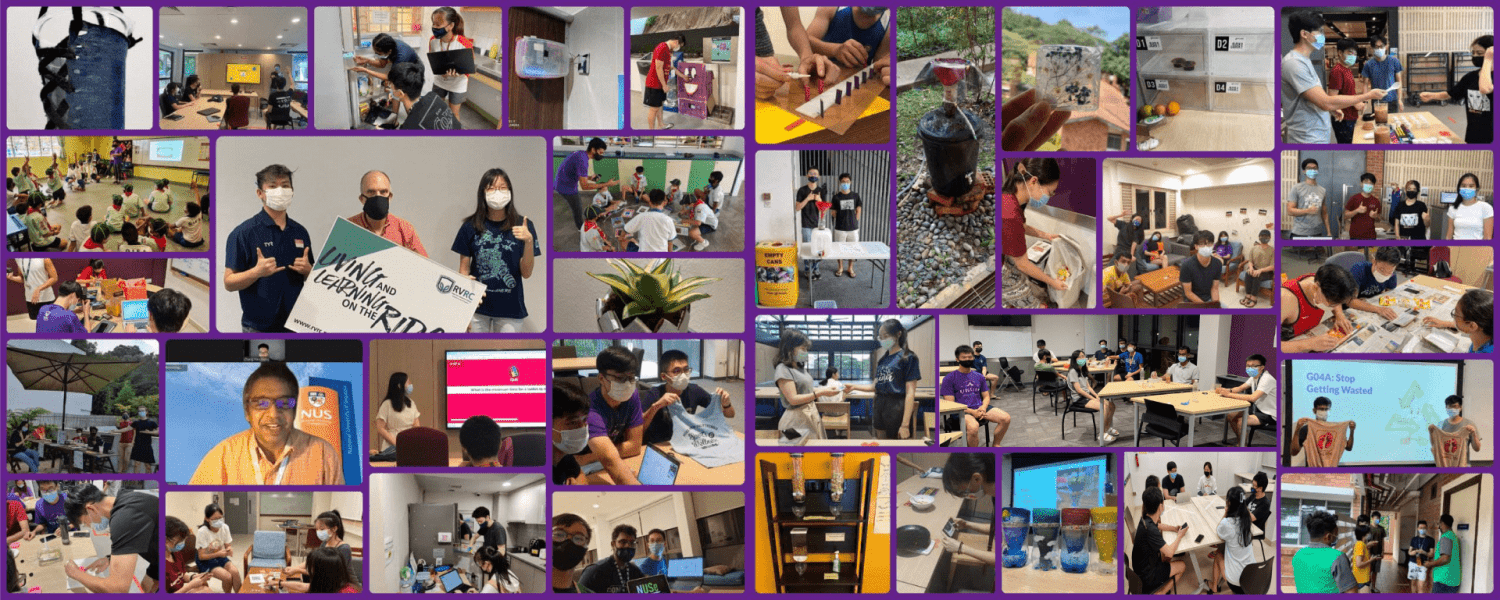Jin Ziqi (FOE), Joseph Koh Boon Sin (SDE), Ma Xudong (FOE), Zhang Han Xiang (FOE)
Academic Advisor: Ms. Wong Kah Wei
Almost half of existing secondary forests will become new developments over the next 10-15 years (CNA, 2020). The loss of habitat forces wildlife into urban areas, leading to human-wildlife interaction. With RVRC being located beside Kent Ridge forest, there is higher likelihood of human-wildlife encounters. In order to educate and build confidence in RVRC residents as first responders in wildlife encounters, we aim to provide accessibility to information required in handling human-wildlife interactions. QR codes were pasted on residents’ doors. If residents encounter animals in their rooms, they could easily scan the code to obtain instructions on safe handling of wildlife. Survey results indicated an increase in respondents’ confidence in animal encounters from 43.1% to 77.8%. 75% of residents were more likely to respond correctly in human-wildlife interaction scenarios. To continue educating future residents, we plan to collaborate with RV Forestore Interest Group and the Office of Housing Services.
